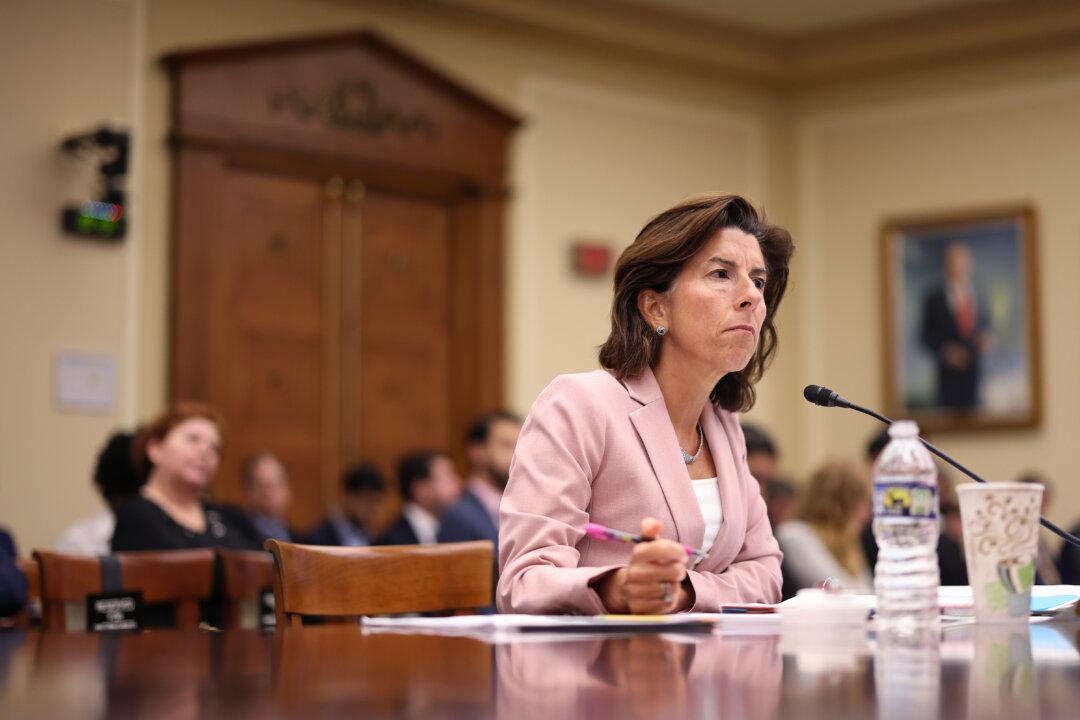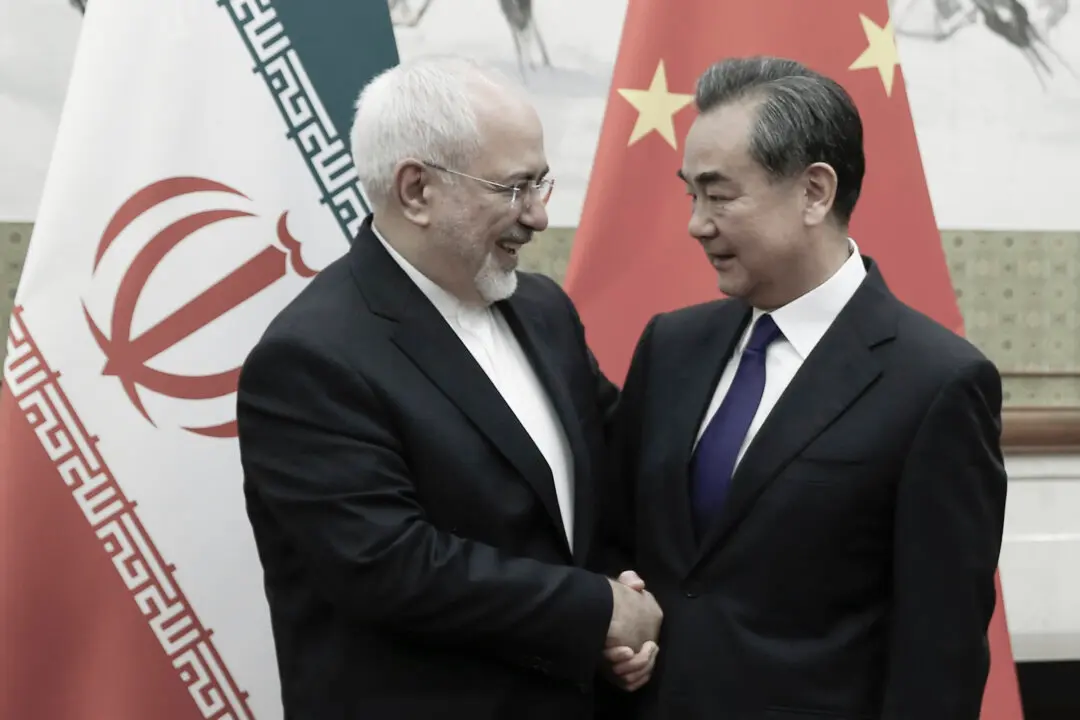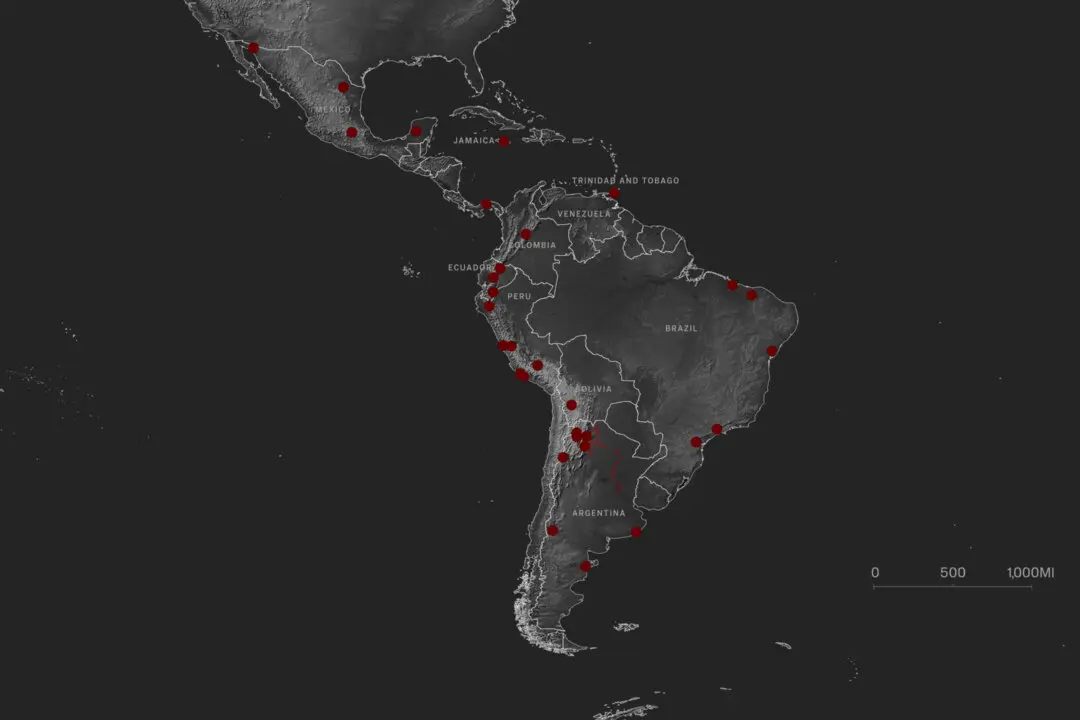The United States has seen no evidence that Chinese telecom manufacturer Huawei can make advanced smartphone chips “at scale,” Commerce Secretary Gina Raimondo told lawmakers on Sept. 19.
Huawei recently rolled out the Mate 60 Pro phone, which some analysts described as a “milestone” for China, spotlighting a seven-nanometer chip built domestically by China’s top chipmaker, Semiconductor Manufacturing International Corp. Beijing has hailed the new device as Huawei’s “triumphant return” four years after the United States moved to block the firm’s access to essential chipmaking technologies.





